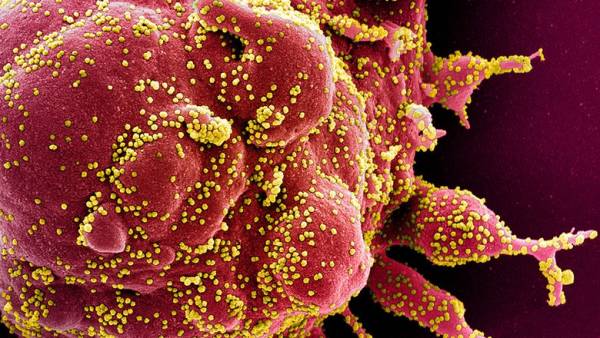
“Omicron undermines the sensitivity of an ordinary cell to interferons (a number of proteins secreted by the cells of the body in response to the invasion of the virus) and at the same time causes immunocompetent cells to produce less interferon,” the specialist explained.
Omicron strain was first identified in early November in Botswana and South Africa. This variant of the coronavirus is distinguished by three dozen mutations that ensure its high contagiousness and resistance to immunity. In many countries, Omicron it has already led to a significant increase in morbidity.
Vaccination remains the most reliable way to protect against coronavirus. According to the head of the Russian Ministry of Health Mikhail Murashko, the proportion of vaccinated among COVID-19 cases does not exceed four percent, severe cases are few, while the vast majority of patients in hospitals are unvaccinated. At the end of September in The WHO stated that mortality from SARS-CoV-2 was associated with the refusal of preventive immunization.